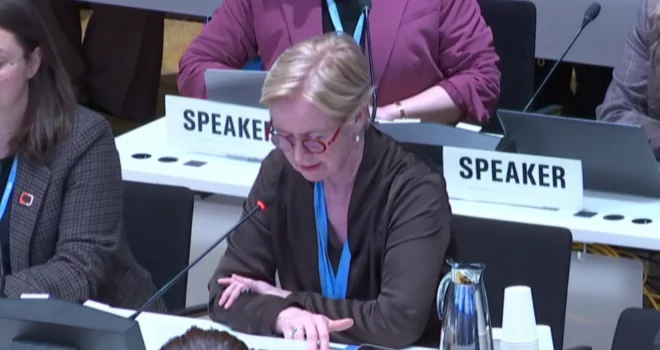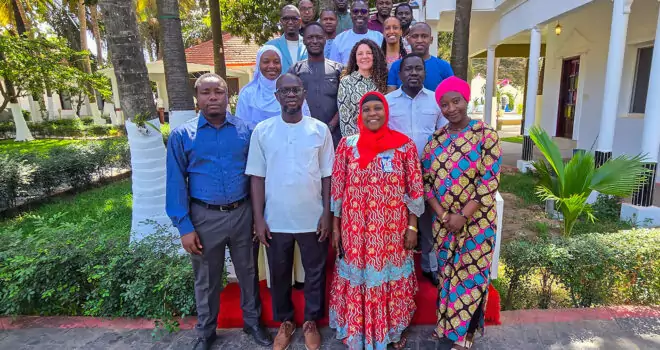- Hypertension is the leading preventable risk factor for cardiovascular disease. It affects an estimated 1.3 billion worldwide, killing approximately 10 million people every year.
- Low and middle-income countries have seen a growing prevalence of hypertension in recent years, with many countries having to deal with the double burden of communicable and non-communicable diseases.
- In Sub-Saharan Africa, the prevalence of hypertension is thought to be as high as 38% among adults, with catastrophic consequences for the economic and social development in the region.
On World Hypertension Day 2022, the World Heart Federation is pleased to announce a new initiative in partnership with Resolve to Save Lives and with the support of the Pan-African Society of Cardiology (PASCAR) to advance the implementation of the WHO Guidelines on Hypertension in Africa. Through the initiative, the World Heart Federation, in partnership with Resolve to Save Lives, will support its country members in their efforts to advocate for national policies and guidelines on the prevention, diagnosis and management of high blood pressure, through the organization of roundtables convening key stakeholders in cardiovascular health at the national, regional and international level, including the Ministry of Health, health workers, patients and the private sector, among others. The initiative will initially target 10 Sub-Saharan African countries, where the burden of hypertension is significant and protocols for the effective management of hypertension are either not widely available, comprehensively implemented or not up to date. Each roundtable discussion will be supported by the newly updated WHF Roadmap for Hypertension, a critical tool to analyse roadblocks that prevent the implementation of existing guidelines on hypertension and identify actionable solutions that are adapted to the local context.
Currently, the prevalence of hypertension in Sub-Saharan Africa is estimated to be as high as 38% and has been on the rise for the past 30 years. Hypertension may lead to severe complications, such as stroke, kidney damage and heart attack among others, with devastating consequences on individuals and households. While simple, yet effective prevention and treatment methods exist and are generally available in high-income countries, several studies have shown that the percentage of people who are currently taking treatment and having their blood pressure under control is alarmingly low in Sub-Saharan African countries. Lack of access to or unavailability of effective diagnostic tools and affordable high-quality drugs to treat hypertension are often cited as critical issues in the region. Poor understanding of the seriousness of the condition and its consequences, paired with difficulties accessing quality affordable care are also key factors undermining the implementation of best practices in hypertension care.
Most of the countries in the region lack clear and comprehensive guidelines for the diagnosis and management of hypertension. When guidelines are available, health care providers are often not aware of them or they do not include best practices, such as fixed dose combination, team-based care or multi-months refills of hypertension medications. Therefore, strong advocacy efforts at the country level are urgently needed, to ensure the implementation of the best practices listed in the WHO Guidelines on Hypertension, with guidance from renowned international institutions in cardiovascular health. WHF, through its global Roadmaps and national Roundtables initiative has a unique experience in convening local stakeholders and addressing why existing guidelines and best practices are not yet adopted and implemented in the country. Concrete outcomes of the initiatives will potentially be the update of the national NCD action plan, the development of national guidelines and training, and implementation programmes, among others. The first roundtable will take place in Kampala, Uganda and will be convened in partnership with the Uganda Heart Institute.
Further reading:
- World Hypertension Day initiatives from the Argentine Foundation of Cardiology
- Impressive report of the campaign #Conoocetusnumeros (#Knowyournumbers) for World Hypertension Week in the Americas


